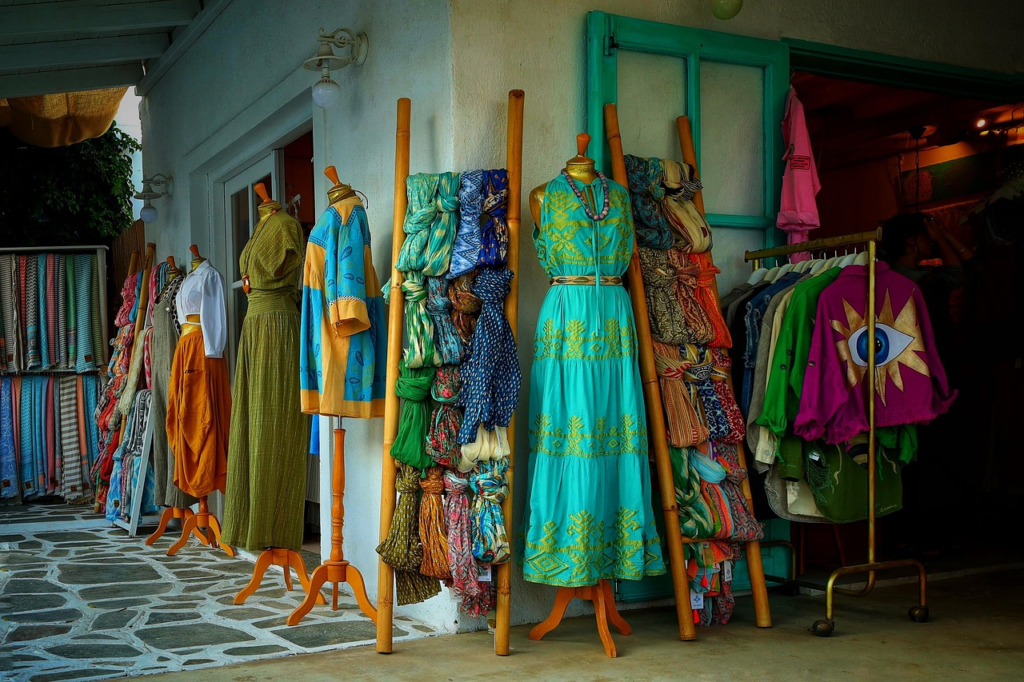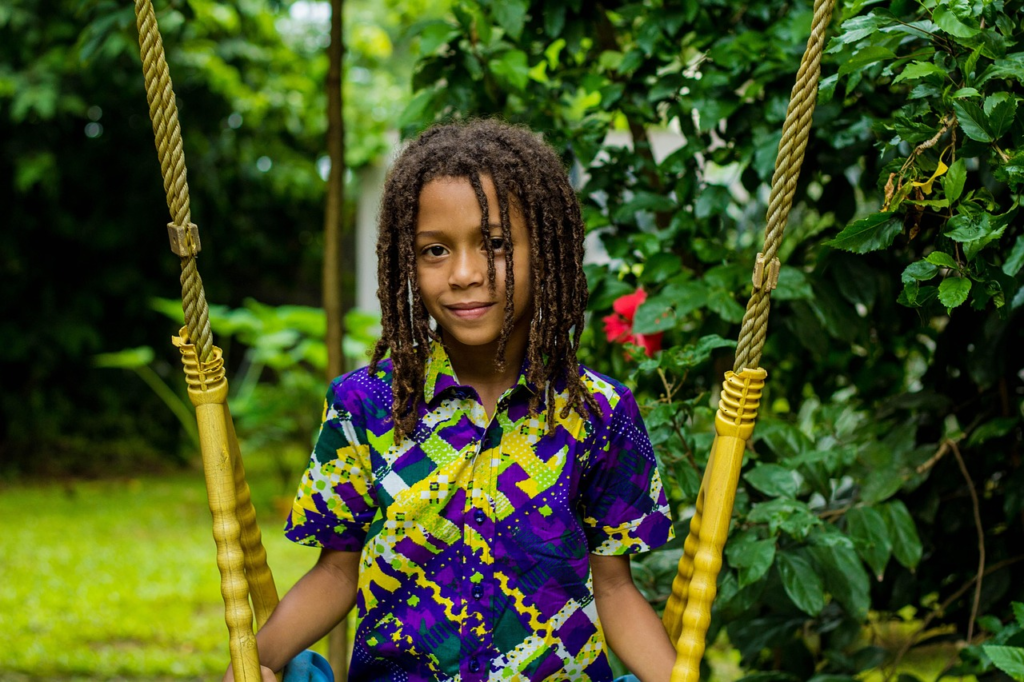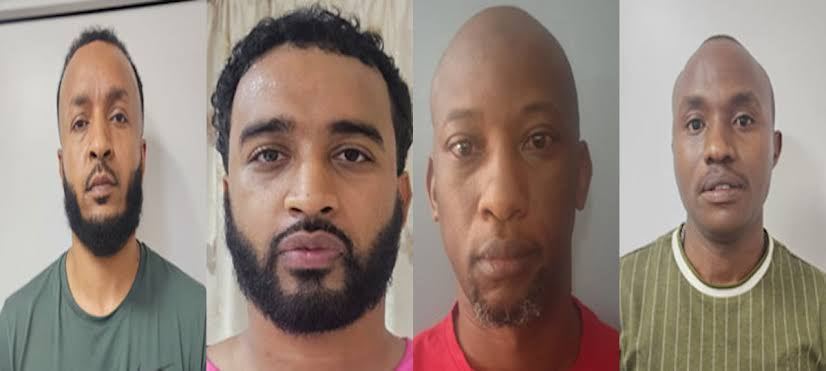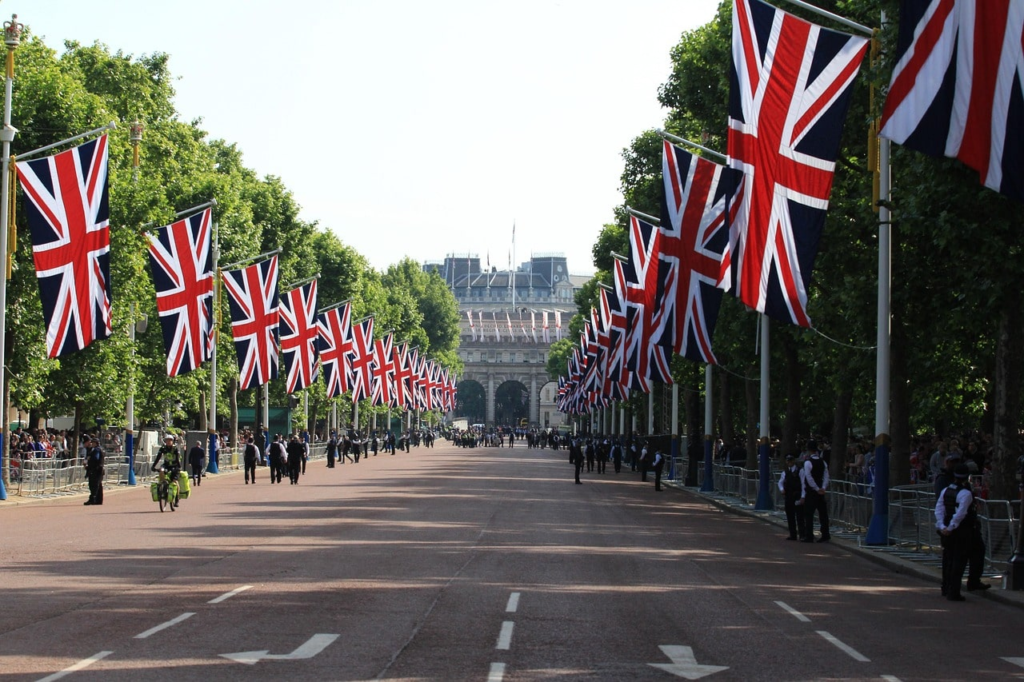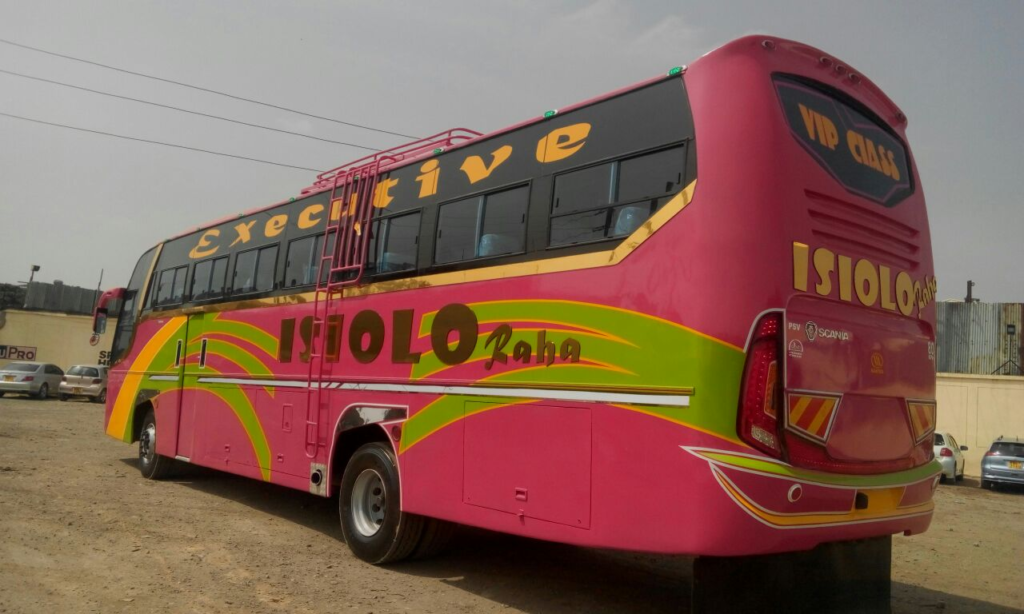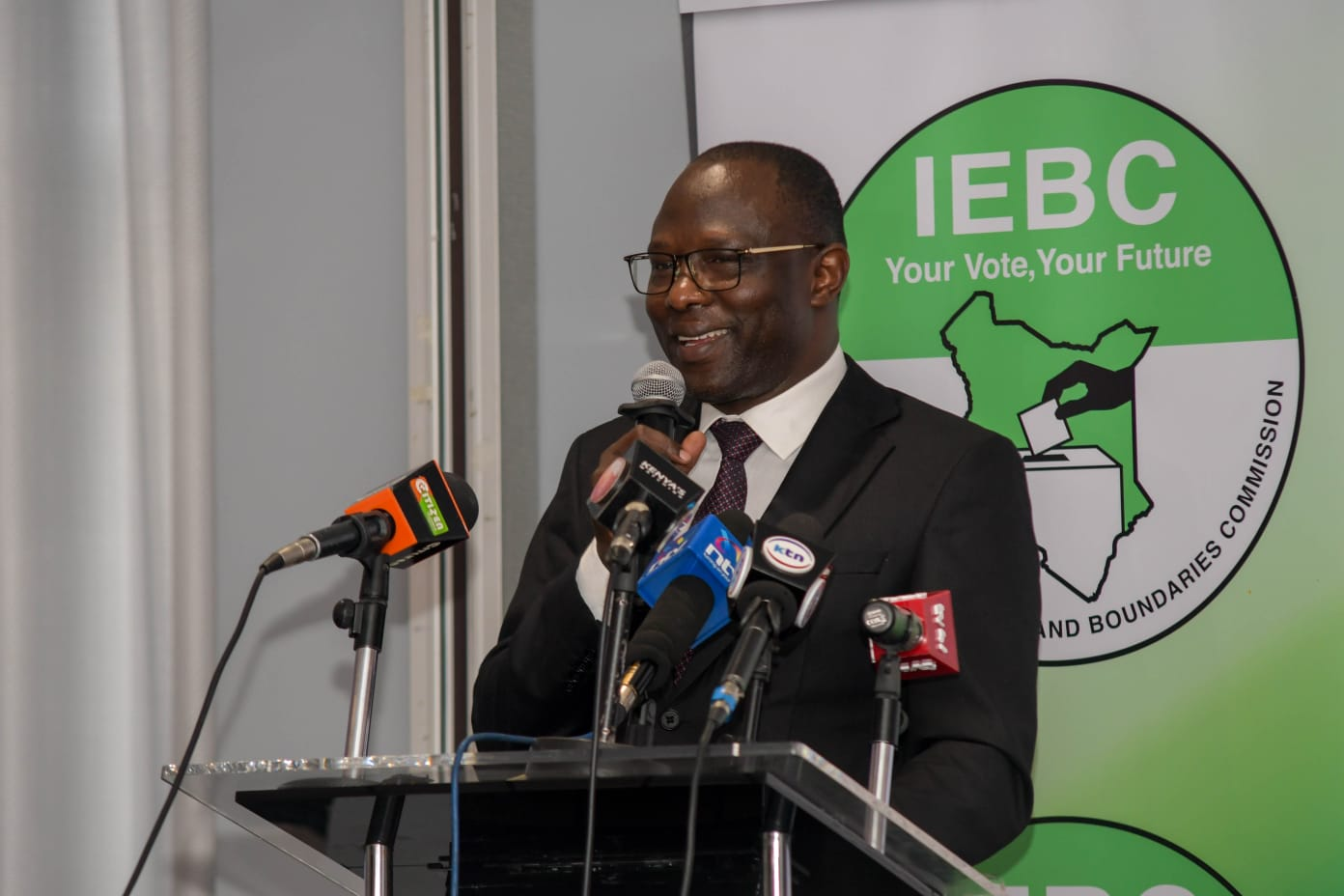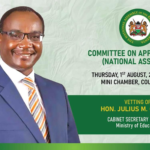Now Reading: Kenyans Win Landmark UK Court Case Using DNA to Find British Fathers
-
01
Kenyans Win Landmark UK Court Case Using DNA to Find British Fathers
Kenyans Win Landmark UK Court Case Using DNA to Find British Fathers
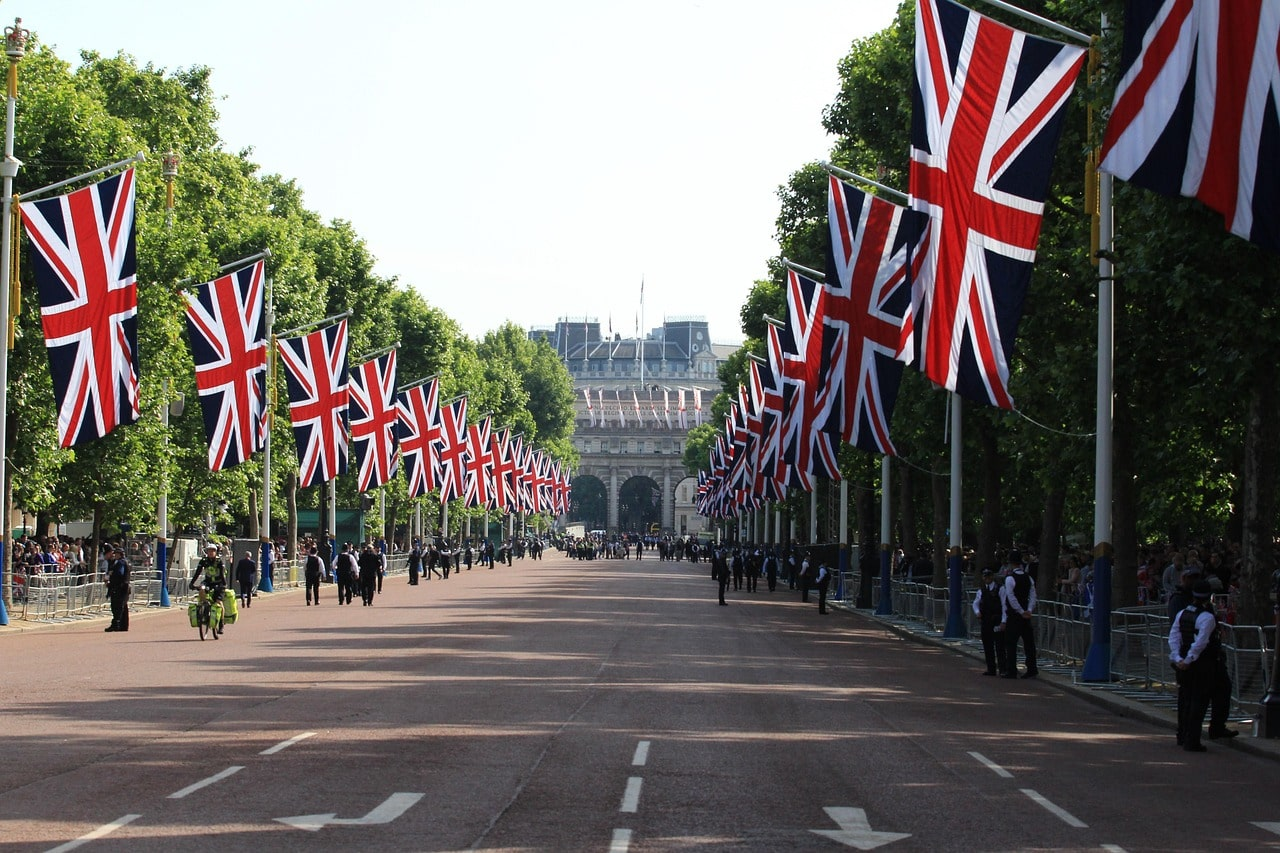
Seven Kenyans have won a major case in the Family Court in London. They proved that their fathers were British soldiers who once worked in Kenya under the British Army Training Unit (BATUK).
This victory has drawn worldwide attention because it gives hope to many others with similar family stories.
Searching for the Truth
For many years, these Kenyans lived without knowing who their fathers really were. Their mothers told them that their fathers were British men who served at BATUK, but they had no proof.
Most never met their fathers, and people doubted their stories. They grew up feeling rejected, confused, and disconnected from their true heritage.
DNA Testing Changes Everything
To find the truth, the group used modern DNA testing technology.
They collected DNA samples and compared them with profiles in global DNA databases.
The matches confirmed their biological connection to British families.
This scientific evidence was later accepted by the London Family Court — a historic first in such a case.
The Story of Peter Wambugu
One of the claimants, Peter Wambugu, shared his emotional story. He said his mother always told him his father was a British soldier, but no one believed her.
As a mixed-race child in Kenya, Peter faced bullying and deep personal struggles.
Now, after the DNA results, he says the ruling has changed his life forever.
What the Ruling Means
This court decision is groundbreaking. It is the first time a UK court has relied on commercial DNA databases to prove paternity between Kenyan citizens and British soldiers.
The case opens the door for others in similar situations to seek justice, identity, and recognition.
The ruling also allows the children to apply for British citizenship and other legal rights tied to their heritage.
A Step Toward Recognition
Lawyers representing the Kenyans said the victory brings dignity to families who were forgotten for decades. Many women around Nanyuki, where BATUK is based, had relationships with British soldiers.
When the soldiers returned to the UK, their children were left behind — often without support.
This case finally gives those children a voice and formal recognition.
What Comes Next
The UK Ministry of Defence has acknowledged the case and is cooperating with the courts.
Lawyers say more Kenyans are preparing similar claims, inspired by this success. This could mark the beginning of a broader movement for truth and reconciliation.
A Story of Hope and Identity
This is more than a legal victory — it’s a story about identity, family, and belonging.
It shows how science and law can work together to uncover truth and restore dignity.
For the seven Kenyans who won, it’s not just the end of a long struggle — it’s the start of a new lif





